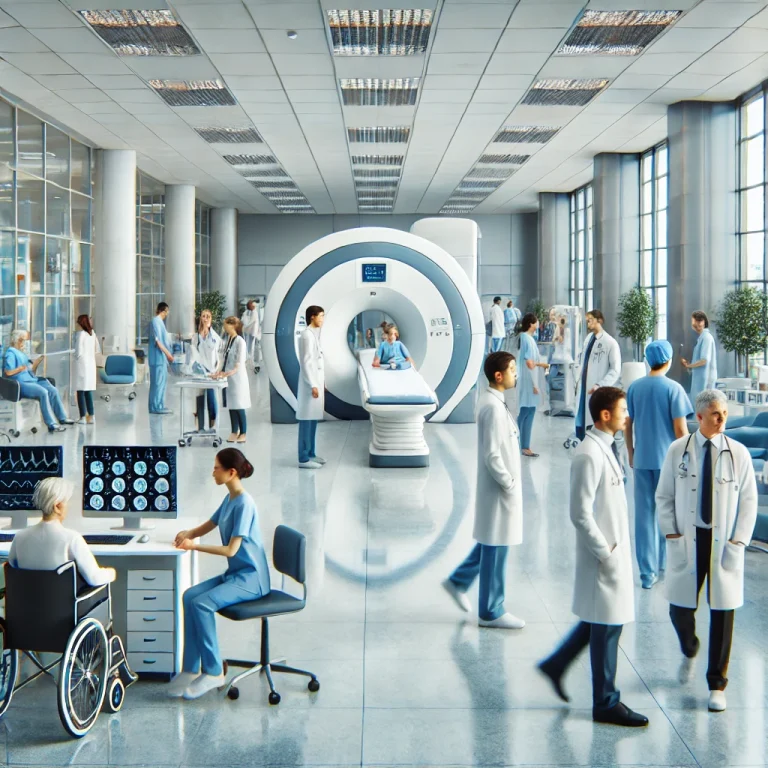Health experts have emphasized the critical role of technological advancement, particularly Artificial Intelligence (AI), in accelerating Nigeria’s progress toward Universal Health Coverage (UHC).
The remarks were made on Wednesday in Abuja during a panel session titled “Leveraging Artificial Intelligence for Primary Healthcare in Nigeria” at the ongoing Afrihealth Conferences and Exhibitions, organized by the Afrihealth Development Foundation and Africa Hub for Innovation and Development.
Dr. Kunle Kakanfo, Founder of Artificial Intelligence for Social Impact Development (AI4SID), said Nigeria must harness AI to strengthen its fragile health system.
“AI is already improving clinical decision-making globally, and Nigeria can benefit from similar interventions,” he said. “We’re seeing AI being used in clinical decision support with chatbots assisting in triage, helping people identify basic symptoms, and guiding healthcare workers on prioritizing cases.”
Kakanfo added that AI enables task-shifting, freeing highly skilled health workers to handle more complex cases, and supports resource planning through predictive analytics for outbreak forecasting, disease prediction, and surveillance.
“With the inefficiencies in our healthcare system, AI can serve as a leapfrog innovation to fast-track service delivery and create greater efficiencies,” he said, highlighting potential applications in diagnostics, telehealth, epidemic detection, facility management, financing, resource allocation, and health literacy.
Dr. Otse Ogorry, Country Director of Palladium Data FI Project, stressed that regulation is central to ensuring the safe and ethical use of AI in healthcare. He noted that Nigeria currently lacks a national framework for AI deployment.
“It’s important for the government to establish regulations to set ethical guardrails and ensure responsible AI use,” he said, suggesting that frameworks like the EU’s General Data Protection Regulation could serve as a starting point, alongside Nigeria’s Data Protection Regulation and the National Data Use Act.
Mr. Abdulhamid Yahaya, Deputy Director for Global Health Informatics at eHealth Africa, said the government must create an enabling environment for AI to thrive.
“On the AI readiness index, Nigeria is currently scoring very low. Infrastructure, governance, and capacity gaps limit the country’s preparedness,” he said. “Yet AI remains the most viable path for Nigeria to maximize its overstretched health workforce. It allows simple interventions to be scaled thousands, even millions, of times.”
Yahaya warned that without technology, Nigeria may struggle to meet UHC targets. “If we ignore AI and technology, there is no way we can achieve those goals,” he said.
Dr. Kemisola Agbaoye, Director of Programmes at Nigeria Health Watch, cautioned about the country’s readiness.
“AI implementation requires reliable data. Without adequate data, it’s impossible to build effective AI systems for healthcare,” she said. Agbaoye identified data quality, infrastructure gaps, workforce skills, and lack of trust as major barriers.
“When engaging rural primary healthcare workers unfamiliar with AI, trust and skills become critical challenges. Communities need confidence that AI tools will improve service delivery,” she explained.
However, Agbaoye noted that AI-driven health solutions are emerging and showing promise for wider adoption in the near future.
“There are many case studies and solutions being developed. Are we ready for AI in healthcare? Not fully yet, but progress is being made,” she added.


